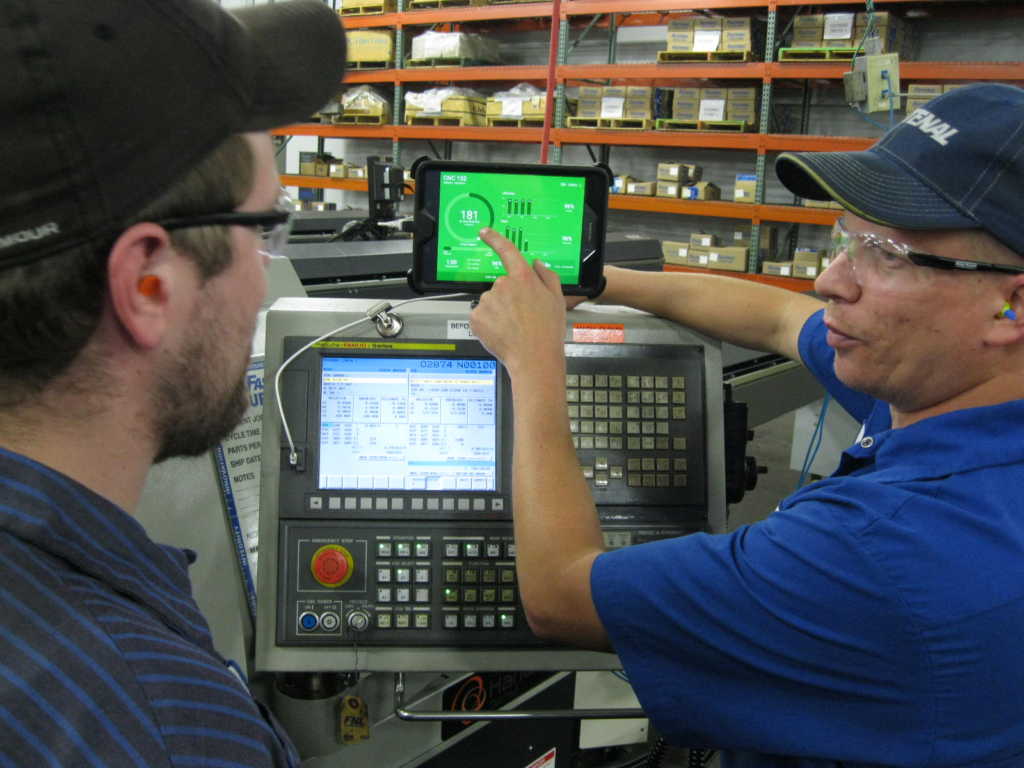New opportunities to become smarter in the manufacturing lifecycle
With the arrival of the Industrial Internet of Things, manufacturers are finding themselves at the forefront of fast-moving, disruptive and revolutionary change. Among other things, this change is quickly introducing components for the creation of a smart factory. The concept of a smart factory uses “smart machines”, or IIoT enabled equipment, to drive enormous improvements in efficiency and maintenance costs along with the capability to connect all aspects of an operation. This includes production, finance, planning, supply chain, maintenance and field service all under one umbrella where advanced analytics in manufacturing and cloud-based computing allow production and service capabilities not possible before.
These changes, however, are not only in software, hardware, and machines. As a result of the capabilities being created by IIoT and smart machines, companies are finding that they must improve the way they make decisions, how they identify and deploy new value streams and even how they view the nature of their own industry to take advantage of these technologies. And, as machines get smarter, decision-makers and managers across manufacturing are also discovering new opportunities to become smarter about their role in the manufacturing lifecycle.
As new skills and a deep understanding of what smart machines have to offer is required to be successful in the manufacturing 4.0 era, this evolution in thinking is no longer optional. The opportunity to grow, to think in terms of what is possible now that wasn’t before and how to implement the changes to drive value and create new revenue streams is a natural product that comes with the capabilities provided by smart machines and automation.
The New Reality
As companies undergo digital transformation and broaden their adoption of IIoT, there are also business adaptations that will require a more sophisticated understanding and approach to managing a complex manufacturing operation. This is true not only for C suite execs, but also for directors, department heads, front line managers, operators and technicians. Every role in the manufacturing system will in some way be affected. As a result, a new way of visualizing production will require those players to improve and/or reimagine the required skills and knowledge to deliver on the promise of the technology.
Read the whole article here.
Graham Immerman is Director of Marketing for MachineMetrics, a venture-backed manufacturing analytics platform. Graham has quickly become an authority on digital transformation and the application of IIoT technology for the manufacturing industry. An accomplished leader and experienced start-up veteran with an integrated background in digital, social, traditional, account-based marketing, growth strategies, and business development.
is Director of Marketing for MachineMetrics, a venture-backed manufacturing analytics platform. Graham has quickly become an authority on digital transformation and the application of IIoT technology for the manufacturing industry. An accomplished leader and experienced start-up veteran with an integrated background in digital, social, traditional, account-based marketing, growth strategies, and business development.
